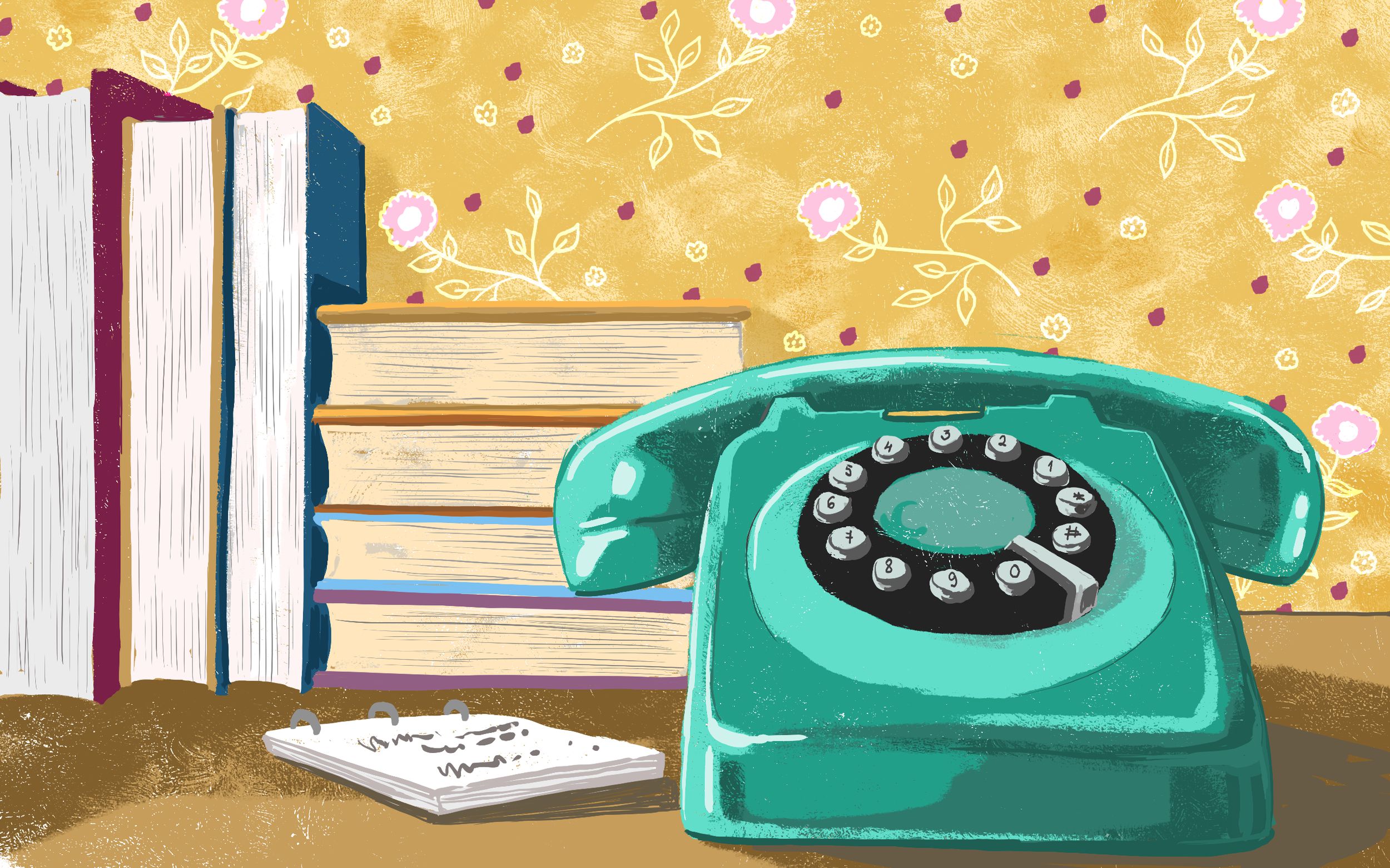While social distancing and mask wearing may not exactly get us in the most festive or carefree of spirits, these restrictions don’t have to completely eliminate the joy! We’re all doing the best we can, and with a little adaptation, we can make the most of what is certainly no one’s favorite year.
Follow the tips below to keep yourself healthy and still have fun.
In this article
- 6 Tips to Prepare for an Event During COVID
- 6 Tips to Stay Safe, Comfortable, and Polite While at the Event
- 3 Tips for After the Event
Before the Event: 6 Tips to Prepare Yourself
Planning ahead will make sure that you’re able to participate in the event as fully as you feel comfortable. As good-ole Ben Franklin says (very fittingly for our coronavirus times): “An ounce of prevention is worth a pound of cure!”
1. Establish your own comfort levels.
Only you can decide where your COVID-related comfort levels are. Even if the people around you are hosting “normal” events or if the authorities have stated that certain restrictions are sufficient, you may not agree—and that’s perfectly okay.
Just because the event is going on doesn’t mean that you have to attend. Give yourself permission to really consider where your comfort level is and whether or not you’d like to carry on with attending. (And if you do decide to bow out, check out our tips on declining an invitation due to coronavirus concerns!)
2. Ask questions to the host.
Once you’ve established your own boundaries regarding social interactions during coronavirus, it’s important to find out whether or not the host shares them. You need to make sure that you’ll be putting yourself in a situation where you feel comfortable and safe.
Do not be afraid to seem “too concerned.” (Really, is that even possible in times like these?!) You are allowed to set your own boundaries, and you’re only doing your due diligence to make sure that you can attend safely. To find out, ask questions like these:
- How many people will be attending?
- Will there be masks and hand sanitizer available?
- Is the event indoors or outdoors?
- What are your measures to ensure social distancing?
- Have you checked that the event is permitted under current local rules?
Tip: If you’re worried about sounding rude when you ask these questions, you can say that! To help break the ice, you can take an honest approach like this: “I hope I don’t seem judgmental or rude, but I’m trying to take as many precautions as possible. Can I ask a few questions before I RSVP? I want to make sure that I can enjoy myself and that you don’t have to worry about whether I’m comfortable or not.”
3. Prepare your event kit.
If you do decide to attend the event, throw together a little “coronavirus kit” so that you have everything you need. In this wellness kit, consider adding:
- Hand sanitizer
- Spare masks—enough for you and a friend, if possible!
- Disposable gloves, if you want them
- A hand towel
- Moist towelettes
- Travel soap
- Travel tissue packs
- Spare ziplocks or plastic bags for trash
4. Monitor your health.
Before the event, be sure to pay extra attention to your health. If you start to feel ill at any time—even if the symptoms do not seem “coronavirus bad”—you may want to reconsider attending. This choice can be super disappointing, but you’ll be helping to prevent possible exposure for the people around you.
Tip: Keep in mind that coronavirus symptoms range a huge spectrum, and not all people experience the same warning signs. You can check the CDC’s website for guidance on COVID symptoms.
5. Keep up with local guidance and restrictions.
Unless you just love donating money to your local government, it’s worth checking the official rules and regulations within the days leading up to the event. Depending on your area’s current situation, you may be liable for fines if you attend an event that does not comply with active public health regulations.
You’re a grown adult and are of course welcome to ignore any such rules—but do so knowing that you may be at risk of being ticketed or fined (in addition to any COVID exposure risks).
Tip: Be sure to check all relevant authorities that cover your area, including the city, county, state, and/or federal levels.
6. Have some phrases ready to go.
No matter what your individual comfort levels may be, the fact is that other people will have different boundaries. There’s simply no way around it.
To keep yourself from being put on the spot or placed into uncomfortable situations, it can be helpful to have a few phrases ready to go—for example, if someone continues to stand too close for comfort or wants to have more physical contact than you do. Practice some phrases like these:
Hey Jim! I’m so glad to see you, but I’m trying to keep the recommended 6 feet of distance. Can we talk from a little farther away?
Hi Maria, I’d love to hug but am trying to be as careful as possible. Raincheck?
Hey Sam, can we continue this conversation outside? There’s a picnic table where we can sit a few feet away and both be more comfortable.
Tip: If potentially confrontational situations make you uncomfortable, practice actually saying these things aloud. It may sound goofy, but it can really help.
During the Event: 6 COVID Tips for Etiquette, Health, and Safety
There’s almost no way to avoid all of the awkwardness of social interactions during coronavirus, as there will likely be cases where you and another attendee just don’t see eye to eye. Use the following COVID etiquette tips to remain polite but firm.
1. Be upfront about your boundaries.
It can be awkward to establish these new social distancing boundaries, so try to do it as quickly as possible. It’s better to put your foot down early (and gently!) than to try to backtrack once the conversation has gotten underway. As you approach someone or they approach you, try to signal your comfort levels verbally and non-verbally.
You can be clear and direct or more lighthearted; it’s totally up to you:
A more direct approach might be:
“I’m observing pretty strict distancing guidelines. Can we talk from this distance, please?”
A more lighthearted approach might be:
“Hey hey hey! Close enough, soldier. Let’s stick to standard protocol and do the whole 6 feet thing.”
Another take could be:
“So glad to see you! I wish we could hug. Things are weird, huh? Let’s grab some chairs and sit a few feet away outside.”
2. Have a greeting ready.
Skipping the handshake is easier when you have something ready to go instead, and the other person will likely follow your lead if you take it. You could try:
- A simple wave
- A two-handed wave—conveniently doubles as a sign for “hey, that’s close enough!”
- An elbow bump, if you’re comfortable being that close
- A yogi bow
- A subtle head nod
Of course, a smile is always the perfect standby, too. Even with a mask covering your mouth and nose, your eyes will show your joy.
3. Avoid sounding judgmental.
Whenever there’s a clash of expectations—say you prefer a distance of 6 feet while another person feels totally fine with 3—there’s a chance that one person will feel judged or put down. This is just human nature.
Keep that in mind whenever you request that someone respect your social distancing guidelines or other coronavirus precautions. Even if you know that you’re following the more prudent recommendations, it doesn’t hurt to approach the conversation with empathy.
Tip: All the experts on difficult conversations recommend starting from the “I.” Using “I”-focused phrases rather than “you”-focused phrases will help you sound nonjudgmental and will help the other person hear what you’re saying. For instance, you can say, “I would feel a lot more comfortable if we talked from a distance. I know you may not agree, but I really appreciate you doing this for me.”
4. Be polite but firm.
If you feel pressure from anyone to do something you aren’t comfortable with, don’t be afraid to express yourself directly. You shouldn’t be made to feel guilty for taking care of your health and keeping yourself comfortable.
Depending on the situation, you can use phrases like these:
“I appreciate it, but I’m just not comfortable with that.”
“It’s really not up for discussion, so if you don’t agree with my distancing preferences, we can catch up by phone or video later. I’d love to hear how you’re doing!”
“I don’t want to debate this, so if we can’t agree, then let’s talk again later.”
“I am taking more precautions than you, so if you can’t respect my preferences, I’d rather go separate ways for now. We can catch up later.”
“Let’s raincheck this conversation. I really do want to hear how you’re doing, but I’m not comfortable in this situation. I’ll call you this weekend.”
4. Follow the guidelines.
Of course, to be able to fully enjoy yourself at the event, it’s important to follow the proper COVID guidelines:
- Wear a mask at all times.
- Wash your hands frequently.
- Keep as distanced from people outside of your household as possible.
- Stay outdoors as much as possible.
- Open windows for better ventilation.
- Keep a mental note of who you’ve come in closest contact with.
- If you are eating or drinking, step away from others while doing so.
5. Be flexible.
If you’ve arrived at the event and are not comfortable with the COVID precautions being taken, then you may simply need to leave. Under ordinary circumstances, etiquette coaches would probably deem an unannounced early departure as a major no-no, but coronavirus changes the equation.
It’s much better to take yourself out of a potentially hazardous or uncomfortably confrontational situation than to worry about any kind of etiquette faux pas. If possible, let the host know privately that you’re heading out—whether or not you explain your reasoning is up to you—and then take your leave.
Tip: If you feel rude because you’ve left the event early, don’t worry. You can always check back in later! Schedule a time to chat by phone or email, or send a card to let the host know that you really do care, despite having to leave early.
6. Request a virtual option.
If you do end up leaving the event, ask whether there’s any virtual option available before you go. Depending on the event, you may be able to join a livestream or even have another attendee take a video for you. There may not be an option for this, but it never hurts to ask!
After the Event: 3 Tips to Stay Watchful and Plan for Next Time
1. Keep an eye on your health.
After attending any kind of gathering with people outside of your household, it’s a good idea to monitor your health. Watch out for any symptoms or changes in your normal condition.
Tip: If you live with people who are at higher risk of COVID complications, consider having a plan to isolate yourself when you get back from the event. Total isolation may or may not be doable in your lifestyle, but minimizing contact (especially shared meals) can still go a long way to protecting those around you.
2. Plan for the next event.
Unfortunately, COVID has gone on much longer than any of us anticipated, and it’s hard to say when life will ever go back to “normal.” Given the current situation, it’s very likely that you’ll attend another event with social distancing guidelines in place—and the best time to prepare is now!
Before you forget the details, take a few minutes to reflect on the event. Ask yourself questions like these:
- How comfortable and safe did I feel?
- What things did I not realize I should have asked the host?
- What was more (or less) awkward than I thought it would be?
- What could I do differently next time to feel more comfortable?
3. Follow up with the host.
If you’ve attended a smaller gathering like a wedding, funeral, or birthday party, it’s always a good etiquette tip to follow up! Even during these strange COVID times, you can still easily follow up with a thank you note, a small gift, or just a “thinking of you” message.

 Tweet
Tweet Pin
Pin Share
Share








